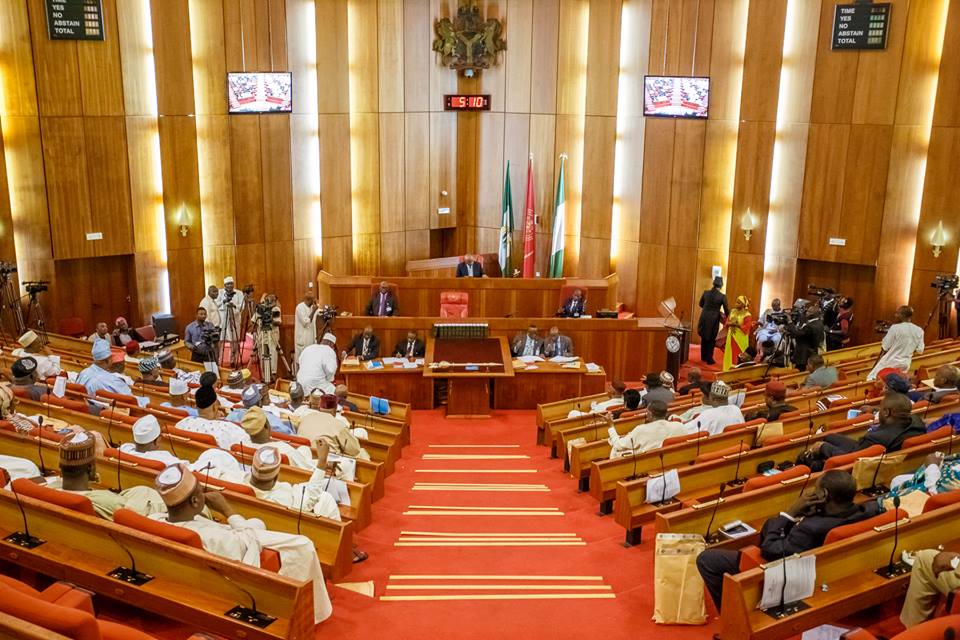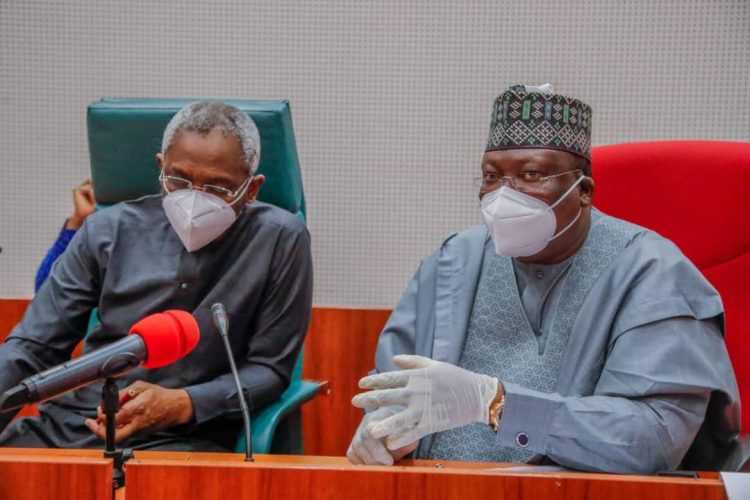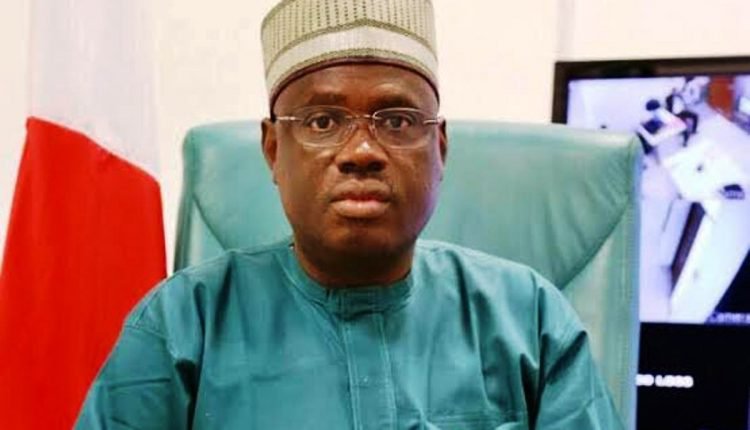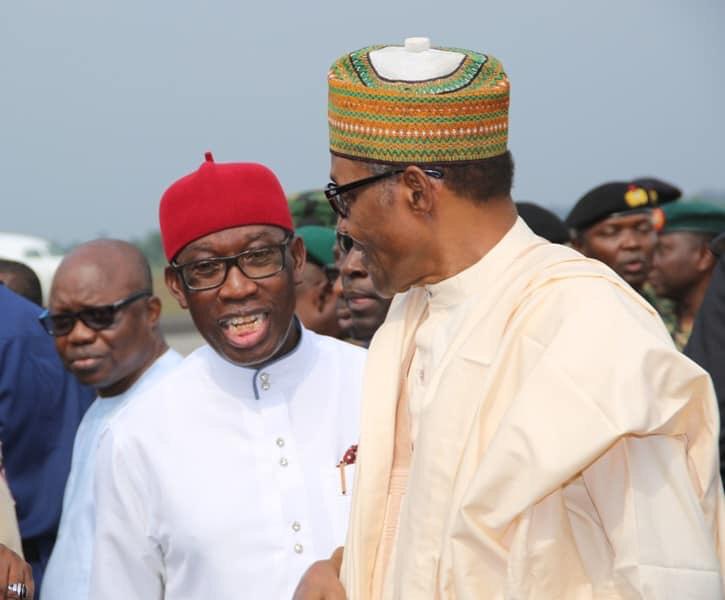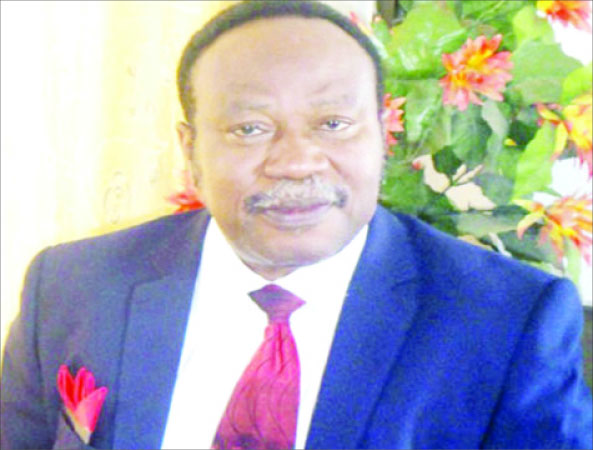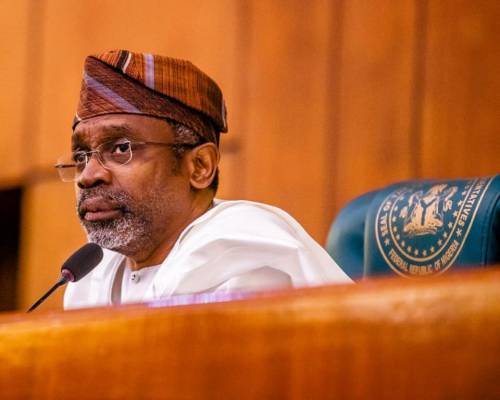…Calls for Electronic Transmission of Election Results
…Demands Law that Safeguards Electoral Integrity, Free, Fair Elections
…Canvasses an End to Electoral Fraud, Malpractices
ReclaimNaija Grassroots Network, comprising grassroots community development and professional associations across the country, has called on members of the National Assembly to ensure that the outcome of the Electoral Act (Amendment) Bill should reflect the views of the Nigerian people for free, fair and credible elections.
In a plea addressed to members of the NASS Joint Committee on INEC and Electoral Matters, the network says, “the Nigerian citizens have, over the years, constantly expressed their desire for an Electoral Act that safeguards electoral integrity, free and fair elections in the country.”
“We want an Electoral Act that puts an end to electoral fraud and malpractices. The Electoral Act must protect the mandate of Nigerian citizens and make sure that their votes count.
“It should also be one that ensures a level-playing ground for citizens and not one that favours the socio-economically privileged sections of the society. All these were expressed in the recent public hearings and consultations carried out by NASS.
“We are, therefore, gravely concerned to hear that there are attempts to introduce into the Electoral Bill 2021 clauses that undermine electoral integrity and the expressed will of Nigerian citizens, whose interests the legislators are supposed to be upholding in the National Assembly,” the group says.
Continuing further, the network says, “We join other well-meaning Nigerians to demand the following:
“Electronic Transmission of Results – Section 50 (2): We demand the electronic transmission of results from the polling units and reject any attempt to endorse manual transmission of results.
“Drastic Reduction in Campaign Finance Limits – Section 88: We reject the attempt to astronomically increase the limit for campaign expenses. This is because the high cost of running for office is one of the reasons why disadvantaged groups in our country such as women, youths, persons with disability and low-income earners are not able to contest for public office.
“It also contributes to electoral fraud and godfatherism so that sometimes the candidate that ends up emerging is the one who spent the most money and not necessarily the best candidate,” it reasons.
According to the group, “this section should, therefore, be drastically reduced to retain the following campaign financing limits:
a. N1 billion maximum for a Presidential Candidate;
b. N200 million maximum for a Gubernatorial Candidate;
c. N40 million maximum for a Senatorial Candidate;
d. N30 million maximum for a House of Representatives Candidate; and
e. N10 million maximum for a Candidate for the State House of Assembly
Arguing on the need to empower INEC on review of Election Results (Section 65[2]), the network is of the view that, “This section should be reviewed to give INEC the power to review declaration of results that are inconsistent with the electoral laws and guidelines, or made under duress.”
“Without such powers for INEC, the National Assembly will be encouraging the unscrupulous elements who threaten election officials to declare false results.
“As grassroots citizens who are already socio-economically disadvantaged and marginalised from active political participation, we urge members of the National Assembly not to take any steps to produce an Electoral Act that would further worsen our situation.
“Ideally, it is to members of the National Assembly that citizens, like us, should rely on to ensure that our aspirations and interests are protected. Please, do the needful,”the network noted.
Organizations which endorsed this statement include Elder O.K. Miller, Commercial Motorcycle and Tricycle Operators Association, Delta State, Bilkisu Ado Zango, President, Initiative for Disability Inclusion and Diversity, Comrade Roselyn Osawe (JP), Association of Compassion Women, Edo State, Mrs. Ogundare Motunrayo, Nigerian Association of Saloon Hairdressers and Cosmetologists (NASHCO), Ejigbo, Lagos State, Mrs. Mary Matanmi, NASHCO, Isolo, Lagos State, Mr. Tunji Bakare, Professional Carpenters and Furniture Makers Association, Isolo,
Lagos State and Engineer Joy Omiyale, Nigerian Automobile Technician Association, Oshodi, Lagos State.
Others include Mr. Osasona Amos, Youth Leader, Ipere Community, Illejemeje, Ekiti State, Mr. Akole Olatunbosun, Youth Leader, Ikere Local Government, Ekiti State, Alhaji Murtala Adesiyan, Community Leader, Modakeke, Ife-North East Area Office, Osun State, Chief Areola Ayoposi, Community Leader, Odo-Ayedun, Ikole Local Government, Ekiti State, Chief Adeleke Jacob Ajayi, Community Leader, Ilasa, Ekiti State, Rev. Dr. Ayo Oladapo, CAN Chairman, Ondo State
and Venerable (Dr.) Adamolekun Olusegun, CAN Secretary, Ondo West Local Government, Ondo State.
Those who also signed the statement include:15. Barrister Deborah Ijadele Adetona, National President, Stand Up for Women Society, Mohammed Ishyaku, Integrity Consultative Forum, Gombe State, Mr. Olaniyan Isiaq, Youth Leader, Atakunmosa West Central, Osun State, Mr. Oyeyemi Wasiu, Community Leader, Egbedore South, Osun State, Mrs. Ladi Iliya, Mobilisation Towards Leadership for Women and Youth Development Initiative (MOLDEV), Plateau State, Mr. Wahidi Onilewura, Community Development Council (CDC), Amuwo Odofin, Lagos State and Ms Celine Osukwu, Community Life Project (CLP).
